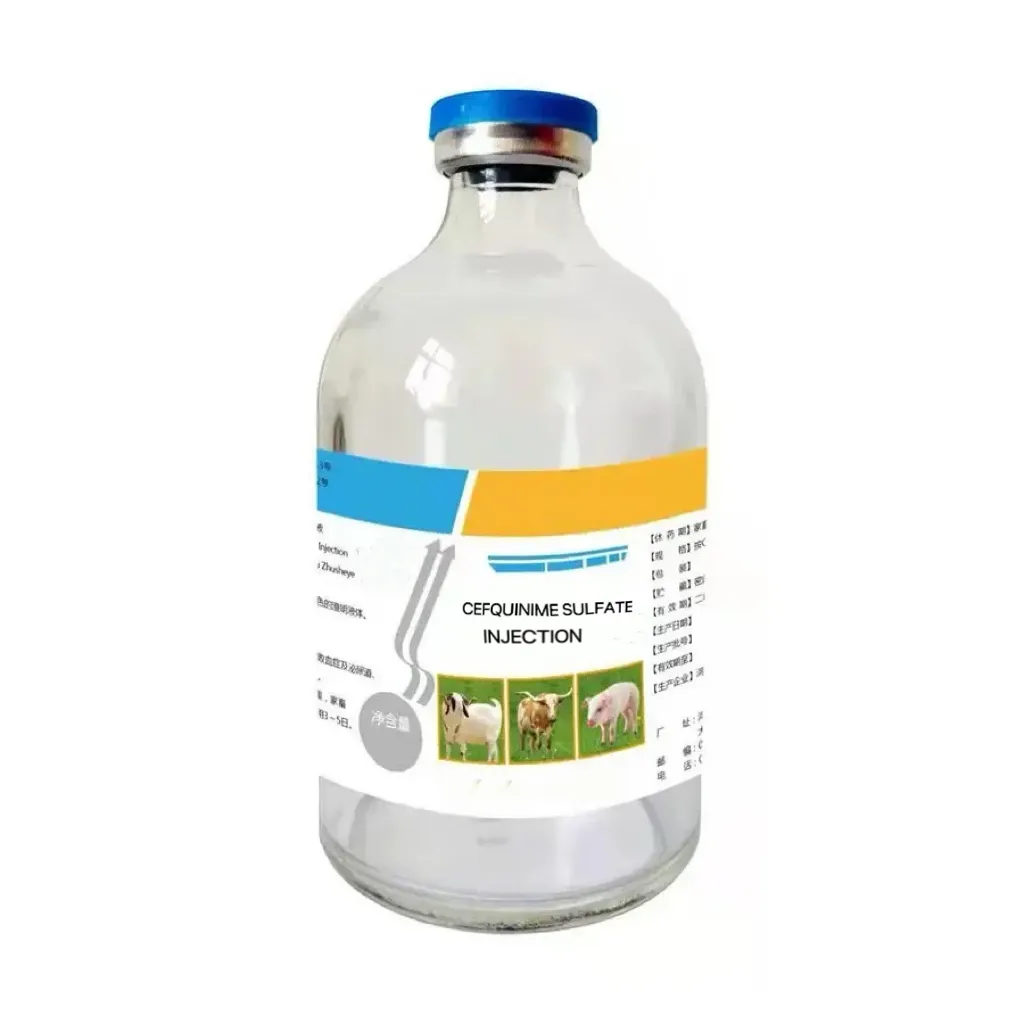- Afrikaans
- Albanian
- Amharic
- Arabic
- Armenian
- Azerbaijani
- Basque
- Belarusian
- Bengali
- Bosnian
- Bulgarian
- Catalan
- Cebuano
- Corsican
- Croatian
- Czech
- Danish
- Dutch
- English
- Esperanto
- Estonian
- Finnish
- French
- Frisian
- Galician
- Georgian
- German
- Greek
- Gujarati
- Haitian Creole
- hausa
- hawaiian
- Hebrew
- Hindi
- Miao
- Hungarian
- Icelandic
- igbo
- Indonesian
- irish
- Italian
- Japanese
- Javanese
- Kannada
- kazakh
- Khmer
- Rwandese
- Korean
- Kurdish
- Kyrgyz
- Lao
- Latin
- Latvian
- Lithuanian
- Luxembourgish
- Macedonian
- Malgashi
- Malay
- Malayalam
- Maltese
- Maori
- Marathi
- Mongolian
- Myanmar
- Nepali
- Norwegian
- Norwegian
- Occitan
- Pashto
- Persian
- Polish
- Portuguese
- Punjabi
- Romanian
- Russian
- Samoan
- Scottish Gaelic
- Serbian
- Sesotho
- Shona
- Sindhi
- Sinhala
- Slovak
- Slovenian
- Somali
- Spanish
- Sundanese
- Swahili
- Swedish
- Tagalog
- Tajik
- Tamil
- Tatar
- Telugu
- Thai
- Turkish
- Turkmen
- Ukrainian
- Urdu
- Uighur
- Uzbek
- Vietnamese
- Welsh
- Bantu
- Yiddish
- Yoruba
- Zulu
Ліст . 06, 2024 08:41 Back to list
Antibiotics for Dogs Understanding Usage Dosage and Safety Considerations
Understanding Antibiotics for Dogs A Comprehensive Guide
Antibiotics play a crucial role in modern veterinary medicine, providing effective treatment for a variety of bacterial infections in dogs. As pet owners, understanding the appropriate use of antibiotics for our furry companions is vital for their health and well-being. This article aims to shed light on the types of antibiotics commonly used in dogs, their uses, and the considerations and responsibilities that come with antibiotic treatment.
What Are Antibiotics?
Antibiotics are powerful medications designed to combat bacterial infections by either killing bacteria or inhibiting their growth. While they are highly effective against bacterial infections, it is essential to note that antibiotics are ineffective against viral infections. In dogs, antibiotics can be prescribed for a range of issues, from skin infections to respiratory diseases, ear infections, and more.
Commonly Prescribed Antibiotics for Dogs
Veterinarians may prescribe various types of antibiotics depending on the specific infection and the dog's overall health. Some of the commonly used antibiotics for dogs include
1. Amoxicillin A broad-spectrum antibiotic that is often used to treat skin infections, urinary tract infections, and respiratory infections. It is generally well-tolerated by dogs.
2. Cephalexin This is effective against a variety of bacterial infections, particularly skin and soft tissue infections. Cephalexin is similar to penicillin and works by disrupting the bacterial cell wall.
3. Metronidazole Primarily used for gastrointestinal infections and certain types of protozoan infections. It's also effective against anaerobic bacteria.
4. Enrofloxacin Often used for more serious infections, particularly those caused by resistant bacteria. This antibiotic should be used cautiously due to potential side effects related to cartilage development in young dogs.
5. Trimethoprim-Sulfamethoxazole This combination antibiotic is effective against a range of infections, including urinary tract infections and some skin infections.
antibiotics dog

When Are Antibiotics Necessary?
Antibiotics should only be used when there is a confirmed bacterial infection. Unnecessary use or misuse of antibiotics can lead to antibiotic resistance, a serious public health issue. Symptoms that may indicate a bacterial infection in dogs include
- Persistent fever - Unusual discharge, especially from eyes or ears - Redness or swelling of the skin - Behavioral changes indicating pain or discomfort
If you suspect your dog has a bacterial infection, it is essential to consult with a veterinarian, who will conduct the necessary tests to confirm the diagnosis.
Important Considerations
1. Veterinary Guidance Always follow your veterinarian's instructions regarding antibiotic use. This includes dosage, duration of treatment, and specific administration guidelines.
2. Complete the Course It is crucial to complete the full course of antibiotics, even if your dog appears to improve. Stopping treatment early can lead to a resurgence of the infection and contribute to antibiotic resistance.
3. Monitor for Side Effects While many dogs tolerate antibiotics well, some may experience side effects such as gastrointestinal upset (diarrhea, vomiting) or allergic reactions. Report any concerning symptoms to your veterinarian promptly.
4. Avoid Human Antibiotics Do not give your dog antibiotics meant for humans unless specifically directed by a veterinarian. Dosages and formulations can vary widely, and what is safe for humans may not be safe for dogs.
Conclusion
Antibiotics are an essential tool in veterinary medicine, enabling the effective treatment of bacterial infections in dogs. As responsible pet owners, we must understand their uses, follow veterinary guidance, and be aware of the implications of improper use. By doing so, we can help to ensure our dogs lead healthy, happy lives free from the dangers of untreated infections and the complications of antibiotic resistance. Remember, when in doubt, always consult your veterinarian—your furry friend’s health depends on it!
-
Guide to Oxytetracycline Injection
NewsMar.27,2025
-
Guide to Colistin Sulphate
NewsMar.27,2025
-
Gentamicin Sulfate: Uses, Price, And Key Information
NewsMar.27,2025
-
Enrofloxacin Injection: Uses, Price, And Supplier Information
NewsMar.27,2025
-
Dexamethasone Sodium Phosphate Injection: Uses, Price, And Key Information
NewsMar.27,2025
-
Albendazole Tablet: Uses, Dosage, Cost, And Key Information
NewsMar.27,2025













